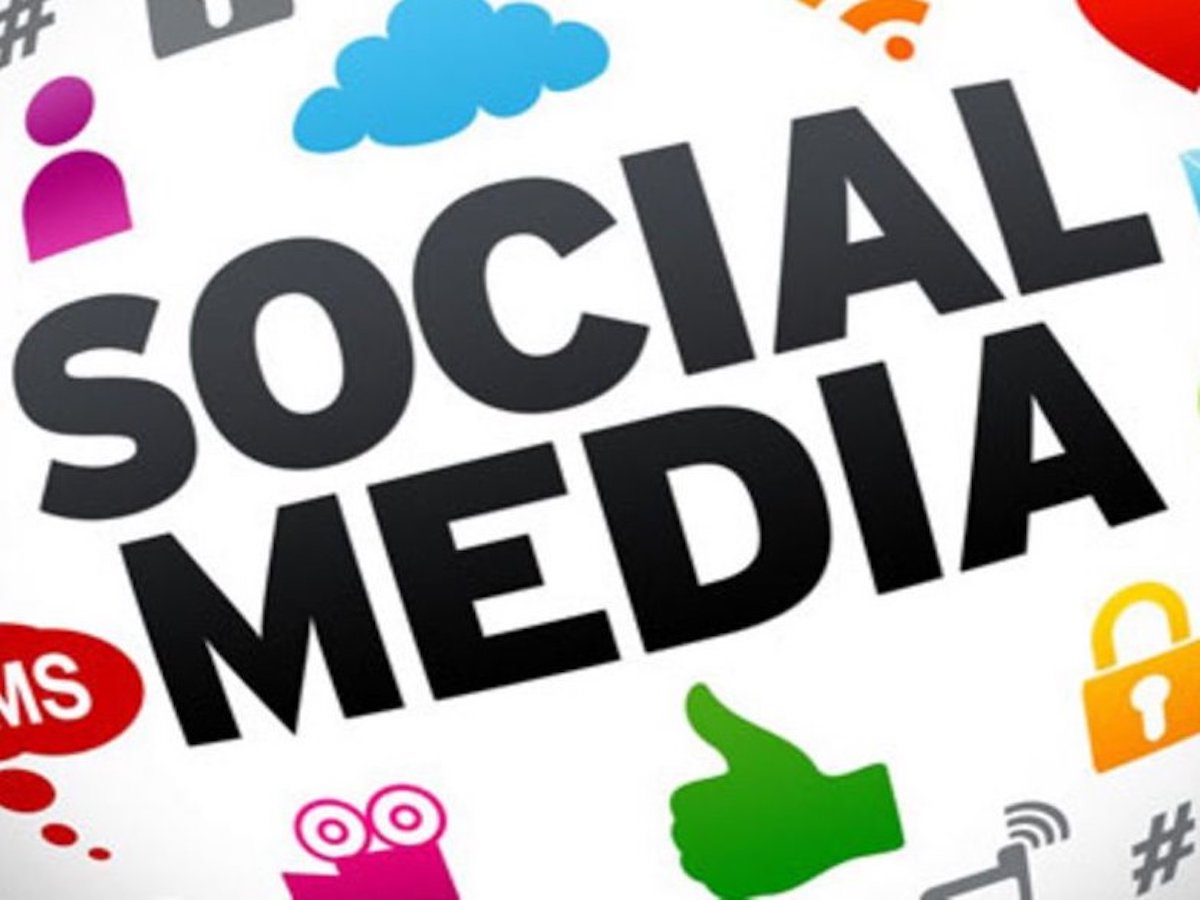Brands shifting to micro-influencers for marketing

Big brands are now turning to small-time social media influencers to boost their brand awareness and ramp up sales, resulting in a dramatic rise in influencer marketing in the last year.
A new report by global media monitoring firm, Meltwater, suggests that the number of sponsored posts shared by internet influencers rose to about 3.8 million last year, a 26.7 percent increase from the three million recorded in 2020.
Sponsored stories (statuses) also rose 33 percent to 16 stories per week, compared to 12 in 2020, indicating a growing trend of influencer marketing.
“Brands prioritise digital strategies and adjust budgets due to changing consumer habits, with influencers playing an essential role in business planning,” said Katherine McInnes, Meltwater’s Head of Marketing Africa.
“In particular, working with micro-influencers has been identified as a critical way for brands to authentically communicate with customers.”
The micro-influencers – those with between 5,000 and 30,000 followers on social media, constituted 91 percent of the sponsored collaborations, a two percent rise from 2020.
“Their (micro-influencers) smaller but focused audience ensures a high willingness to buy and increases brand awareness, often yielding the best return on investments for brands,” Ms McInnes said.
According to the report, the micro-influencers charge $354 for social media posts, $555 for videos posted to their pages and $179 for every story (status) update.
Instagram emerged as the most popular destination for influencer marketing, with at least 94 percent of all influencer campaigns last year incorporating some form of Instagram content.
Facebook came second at 43 percent, followed by Tiktok at 13 percent, and YouTube at 10 percent.
“TikTok is still an emerging platform, and while it's not as well-known as Instagram, more and more brands are incorporating the social media channel into their marketing plans,” said Ms McInnes.
